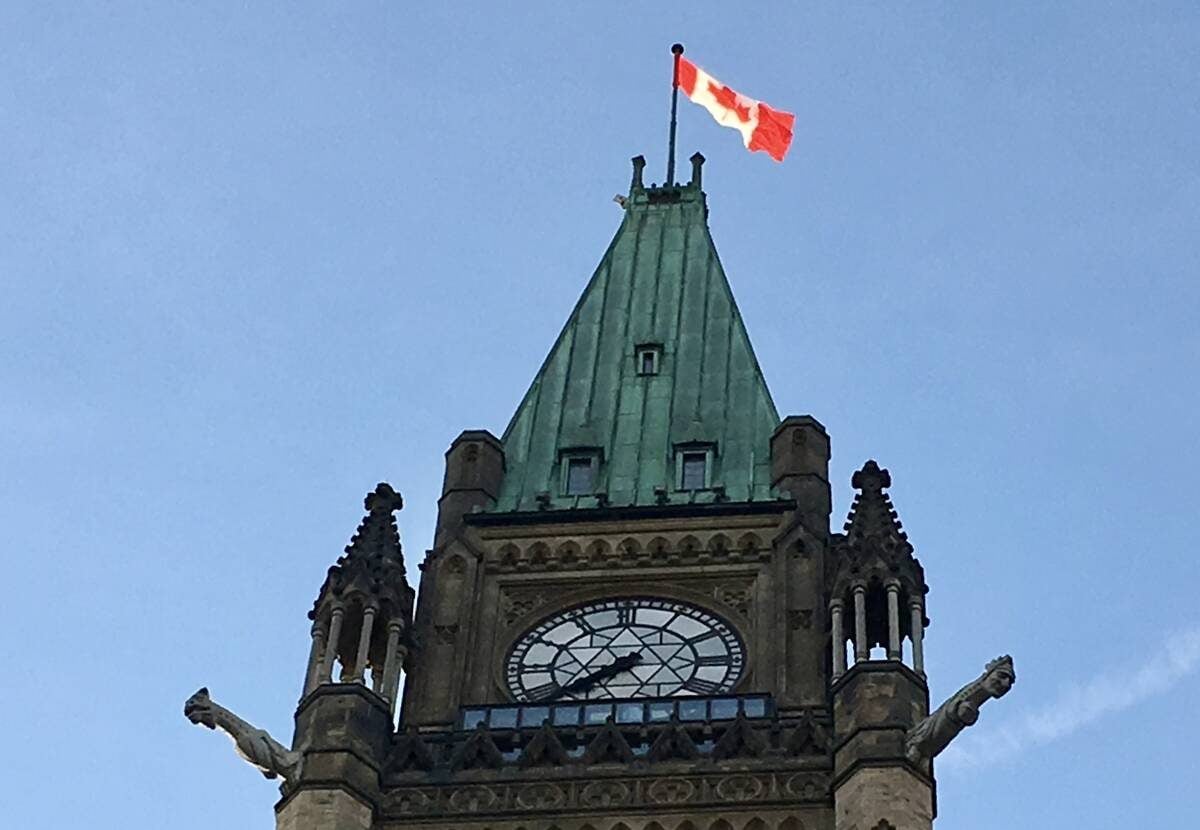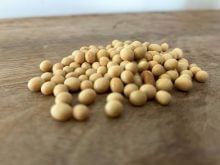NEW YORK (Reuters) — The world’s biggest potash producer, Russia’s Uralkali, plans to produce close to its maximum capacity this year but does not rule out idling production to support the crop nutrient’s price, chief executive officer Dmitry Osipov said on Thursday.
Uralkali is aiming to produce 12 million tonnes of its 13 million tonne potash capacity this year but that depends on market conditions, Osipov said in an interview. So far this year, demand has been strong from Brazil and China.
Renewing a trading partnership with rival Belaruskali in the Belarusian Potash Company is only “one of the options” for Uralkali to increase shareholder value, Osipov said. But he said he sees “no urgent need” for the partnership.
Read Also

Federal budget shows remaining disconnect between agriculture, policymakers, panelists say
Canada’s agriculture sector is still disconnected from policymakers in some ways, say panelists at a CAPI webinar
Uralkali quit its potash trade alliance with Belaruskali in July when Uralkali was under different ownership and management. Under the deal, the two arranged potash export sales collectively, rather than competing against each other
Since then, Uralkali has sought to maximize sales volumes. The strategy increased competition and pressured potash prices. But Osipov said it allowed Uralkali to recover market share against Canpotex Ltd., export arm of North America’s Potash Corp of Saskatchewan, Mosaic Co. and Agrium Inc.
Uralkali’s direction has been characterized as volume-driven, but Osipov, in New York at the BMO Farm to Market conference, said it’s more complex.
“It’s not (favouring) volume over price or price over volume,” Osipov said. “It’s to maximize the revenue.”
Uralkali aims to maintain its 23 percent market share of the global potash export market, not including Russia, Belarus and North America, and to underpin potash prices, he said.
Prices have rebounded modestly this year after dipping to a six-year low due to the BPC breakup, excess production and slow demand growth. With profits plunging, Mosaic and PotashCorp have said they will cut their workforces deeply.
“We don’t want any price erosion, that’s for sure,” Osipov said.
Belaruskali chief executive Valery Kirienko said on Thursday there was no need for now to recreate an alliance with Uralkali.
Osipov said while a new partnership isn’t pressing, Belarussian President Alexander Lukashenko last month had a “very constructive” meeting with new Uralkali co-owner Dmitry Mazepin.
Uralkali is not talking with any other producers about marketing together and said anti-trust regulators would not permit any such pact with Canpotex.
Osipov said Uralkali would consider next year whether to continue two projects to expand production by a further 4.5 million tonnes.
With sizeable reserves, the company is not interested in buying stakes in mines outside of Russia, including BHP Billiton’s Jansen, Saskatchewan, project, he said.
“I think the possibility is very, very low” of Uralkali investing in Jansen, Osipov said.














